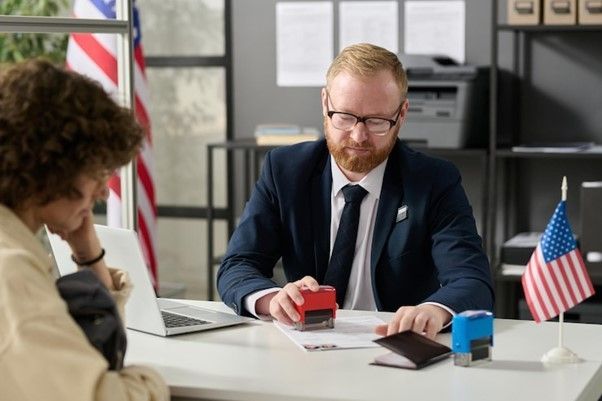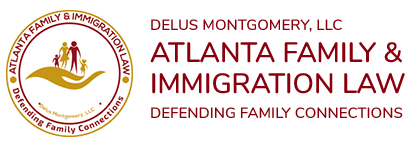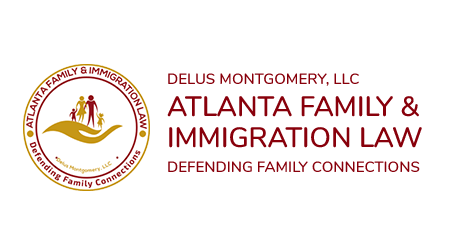US Immigration in Atlanta: Process, Offices, and Legal Support
The journey of us immigration in atlanta often starts with more questions than answers. From securing a visa to preparing for green card interviews, the city’s immigration framework is both vast and nuanced. Applicants must navigate local USCIS offices, federal requirements, and culturally specific challenges, especially in multilingual households. Atlanta's demographic diversity amplifies the need for personalized guidance, particularly for individuals balancing employment, family, and legal status. Whether it's renewal delays or first-time filings, the importance of understanding how the system works cannot be overstated.
Essential Immigration Services in Atlanta GA
Navigating immigration services atlanta ga requires more than just paperwork; it demands an understanding of what services genuinely impact your status. From asylum applications to DACA renewals and family-based petitions, the legal road is filled with complex timelines and evidence-heavy submissions. Support often includes biometric scheduling, adjustment of status, and marriage-based petitions, with bilingual staff offering much-needed clarity. Even minor errors can lead to delays or denials. In such cases, precise legal coordination and community-based advocacy help applicants maintain momentum through the bureaucratic maze.
Finding the Right Atlanta Immigration Lawyer in USA

A seasoned Atlanta Immigration Lawyer In USA offers more than legal credentials; they offer stability during the chaos. For clients facing deportation or waiting on work permits, having a professional who anticipates procedural hurdles can change outcomes. These lawyers often partner with family law attorneys, social workers, and interpreters to serve a client’s full needs. Bilingual communication builds trust, especially for Spanish-speaking families. Their ability to present compelling, well-documented cases is essential in appeals or emergencies, ensuring every legal route is explored and defended with care.
Navigating Employment Immigration Law in a Shifting Economy
Understanding Employment Immigration Law is critical for professionals seeking work in Georgia’s bustling industries. Whether tech, healthcare, or skilled trades, employment-based visas require employer sponsorship, labor certifications, and a precise understanding of job classifications. Timelines are strict, and legal requirements shift with economic trends and policy updates. Employers also need support to ensure compliance. Missteps, however unintentional, can jeopardize a worker's visa or a company’s ability to retain talent. Having legal representation ensures the partnership between employer and employee meets federal standards and avoids unnecessary risks.
Why an Employment Immigration Lawyer in Atlanta Is Critical

An Employment Immigration Lawyer In Atlanta is more than a legal consultant; they are a bridge between a job offer and a lawful U.S. presence. These attorneys assist with L-1 intracompany transfers, H-1B visa caps, and PERM labor certifications. Atlanta’s competitive labor market demands clarity and efficiency. Legal advisors handle job descriptions, prevailing wage documents, and compliance filings to avoid audit triggers for professionals who have invested in education or possess rare skills and precision matters. Timely filings and transparent case management can make the difference between approval and visa expiration.
Conclusion
Immigration in Atlanta intersects family, employment, and community in ways that demand both legal rigor and human understanding. Whether navigating immigration services in Atlanta GA, securing employment visas, or partnering with an Atlanta Immigration Lawyer in USA, trusted legal guidance is essential. Every step carries weight, from paperwork to interviews, from offices to courtrooms. For those pursuing clarity and compassionate presentation, Atlanta Family & Immigration Law offers insight, bilingual support, and a commitment to fairness that aligns with the values and challenges of Georgia’s immigrant communities





